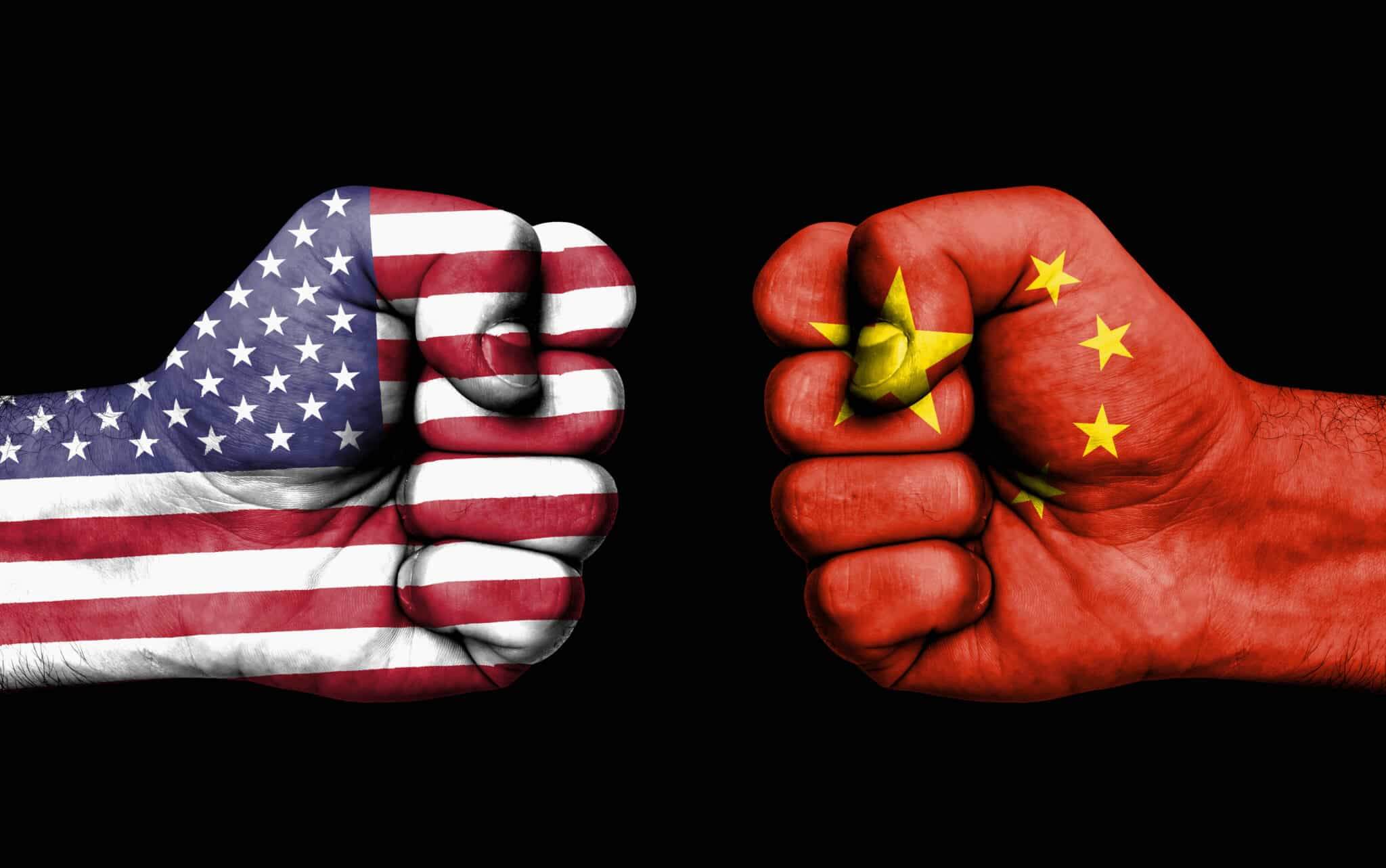
Recessions Warning: Trade War Pummels Markets
The intensifying trade war between the US and China, along with the simmering conflict between the US and Mexico, dragged down financial markets globally on Monday, sending out recessions warning to market participants.
Stock markets are pricing in a steep decline in economic growth.
The pan-European benchmark Euro STOXX 600 was 2.7 points lower, or 0.6 percent down, its lowest since mid-February.
This comes after news that China is accusing the US of “intimidations, “exorbitant demands,” and “coercion.”
The Asian country has also started investigating the practices of FedEx in the country due to customer complaints.
Asian equities markets ex-Japan were slightly better, thanks to the gains in South Korea and India offsetting the weakness in Japan and elsewhere.
Chinese shares finished trading little changed even though the yuan faced heavy pressure.
US Banks Ring the Bell for Global Recession
Meanwhile, US banks are ringing the bells as a loud warning for a potential global recession.
According to Morgan Stanley, the world could experience a global recession if US President Donald Trump slaps 25 percent tariffs on an extra $300 billion worth of Chinese exports and China claps back.
Meanwhile, JPMorgan Chase said that there is now a 40 percent chance of a US recession in the second half of the year. That’s well higher than the 25 percent probability previously reported.
“Investors are generally of the view that the trade dispute could drag on for longer, but they appear to be overlooking its potential impact on the global macro outlook,” said a chief economist at Morgan Stanley.
“Global growth now looks likely to slip below trend for the rest of this year,” said a JPMorgan economist.
These warnings could kick off a bleak month for the financial markets. They could also set the tone for this week’s G20 gathering in Japan.
Other Markets, Economic Activity
Meanwhile, the bond market is considered to be “on fire” right now after an intense May that peeled $3 trillion off of global stocks.
German government bond yields that move inversely to prices were stuck at a rock-bottom record and those on two-year Treasuries are falling to their biggest two-day declines since early October 2008, during which the global financial crisis was starting.
Safe haven currencies Japanese yen and Swiss franc rallied to their highest levels against the euro, which was near $1.1171.
Trade tensions have also affected economic activities, with a private poll of China’s manufacturing sector indicating a modest expansion in activity as export orders recovered from a contraction.
New export orders were increased and indicated a possible front-loading of US-bound shipments to sidestep potential tariff hikes that Trump had threatened to impose.
“Chinese companies probably see the current export conditions as severe as during the China shock in 2015,” said an analyst from Tokai Tokyo Research Center.
-
Support
-
Platform
-
Spread
-
Trading Instrument




